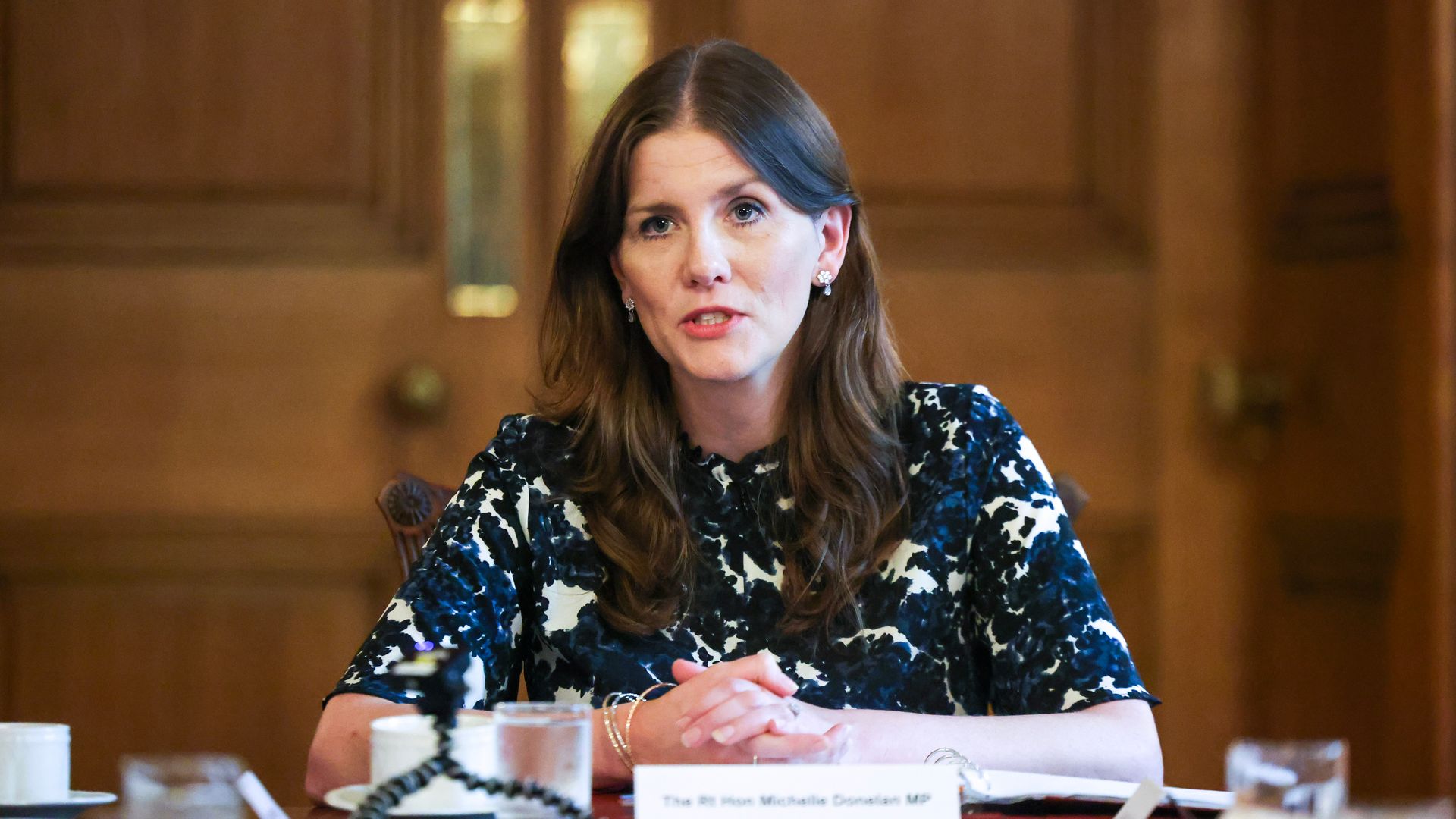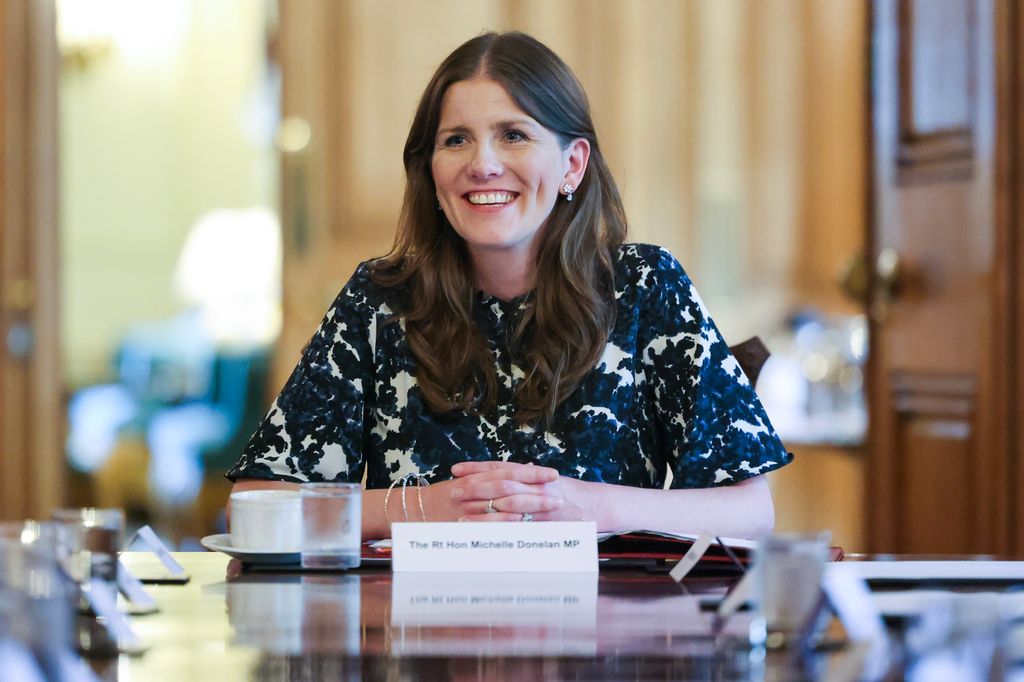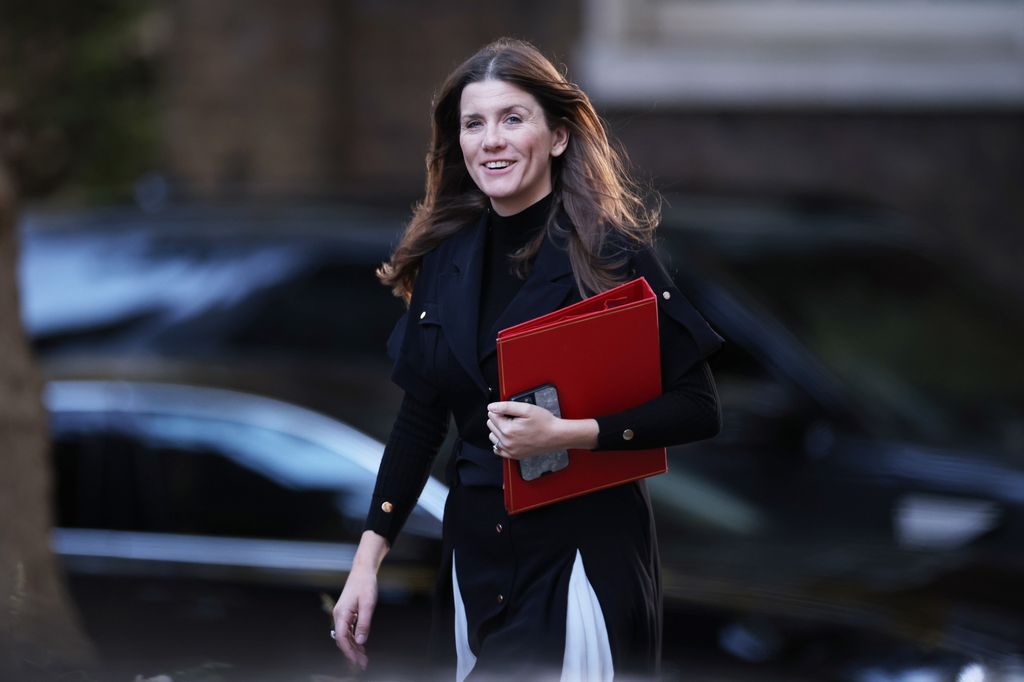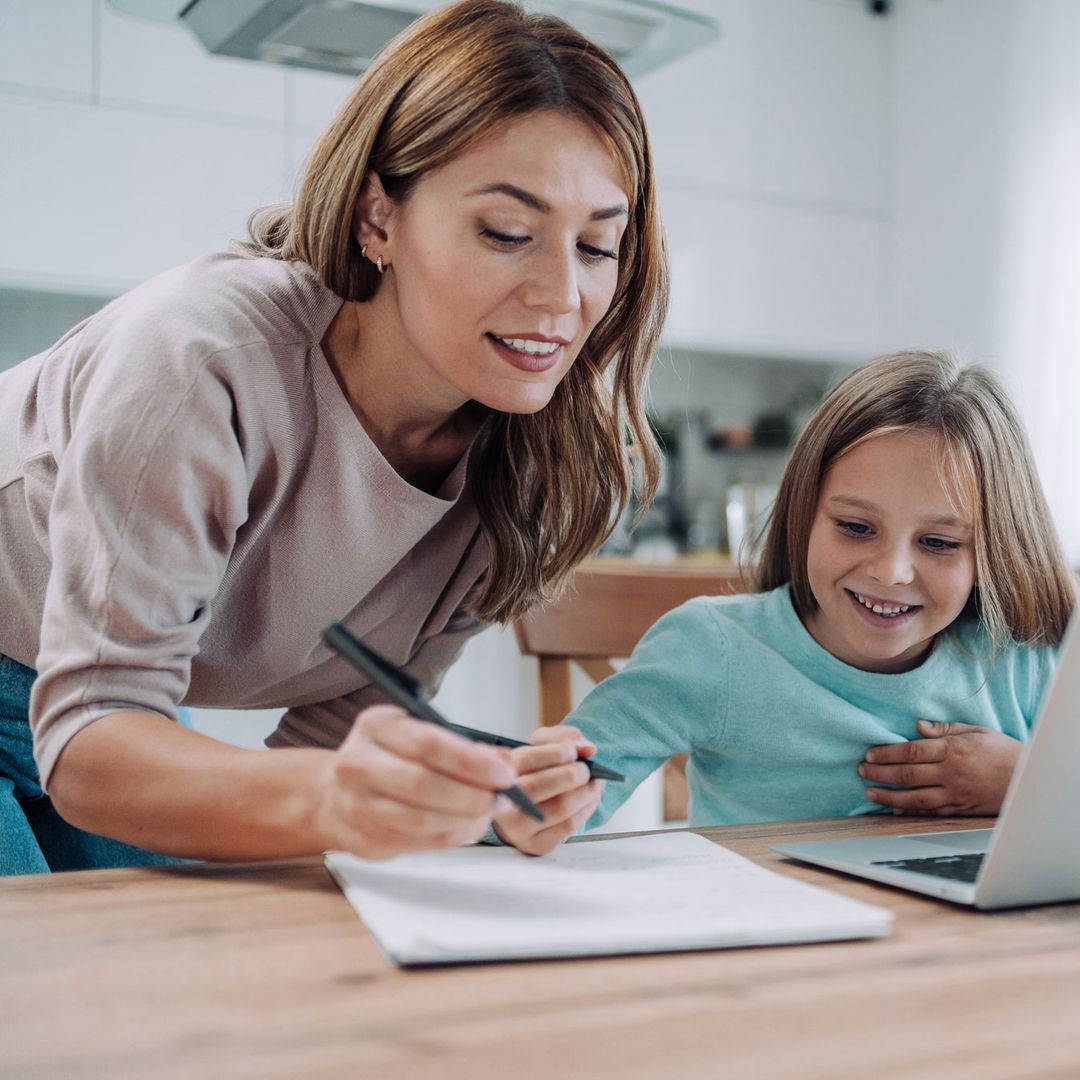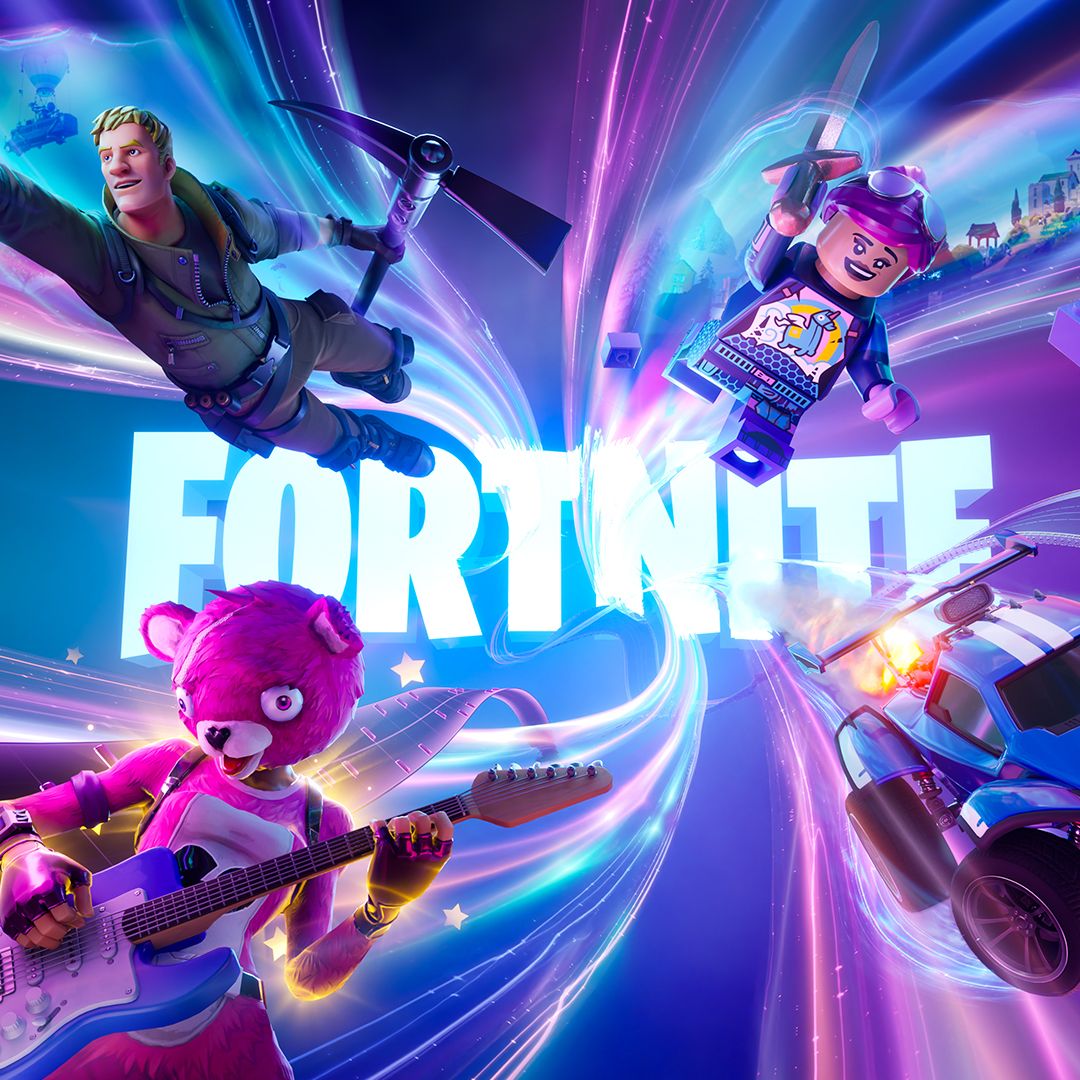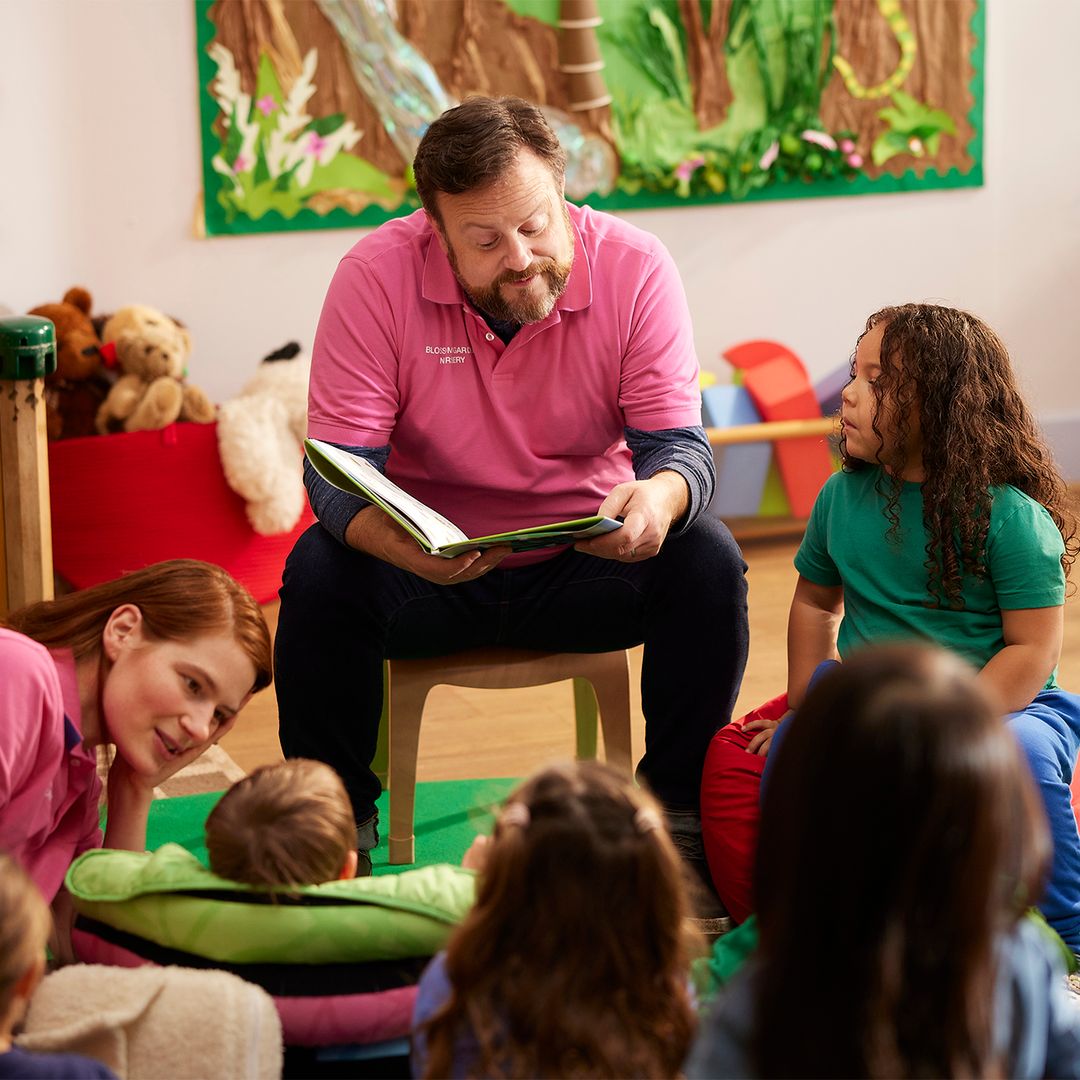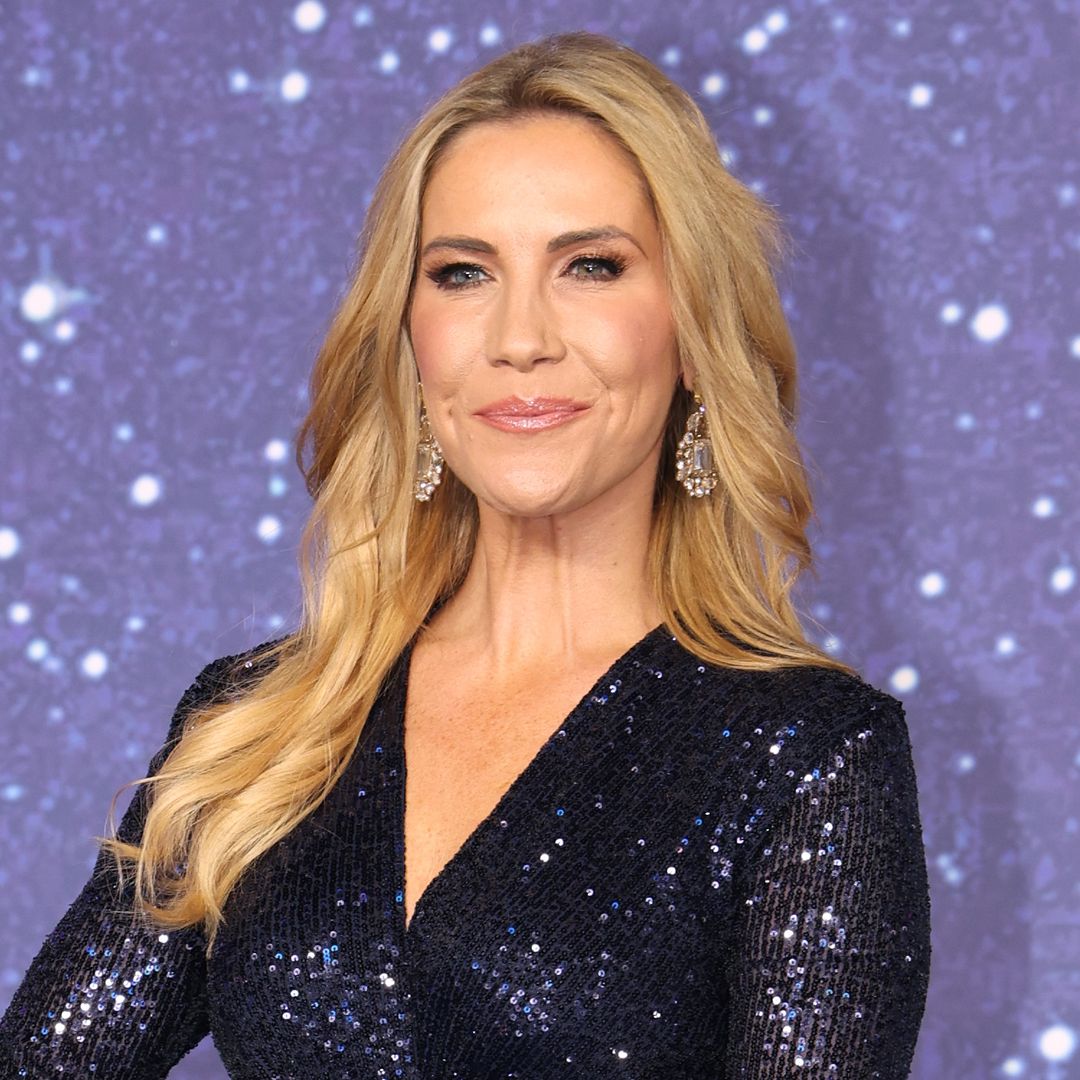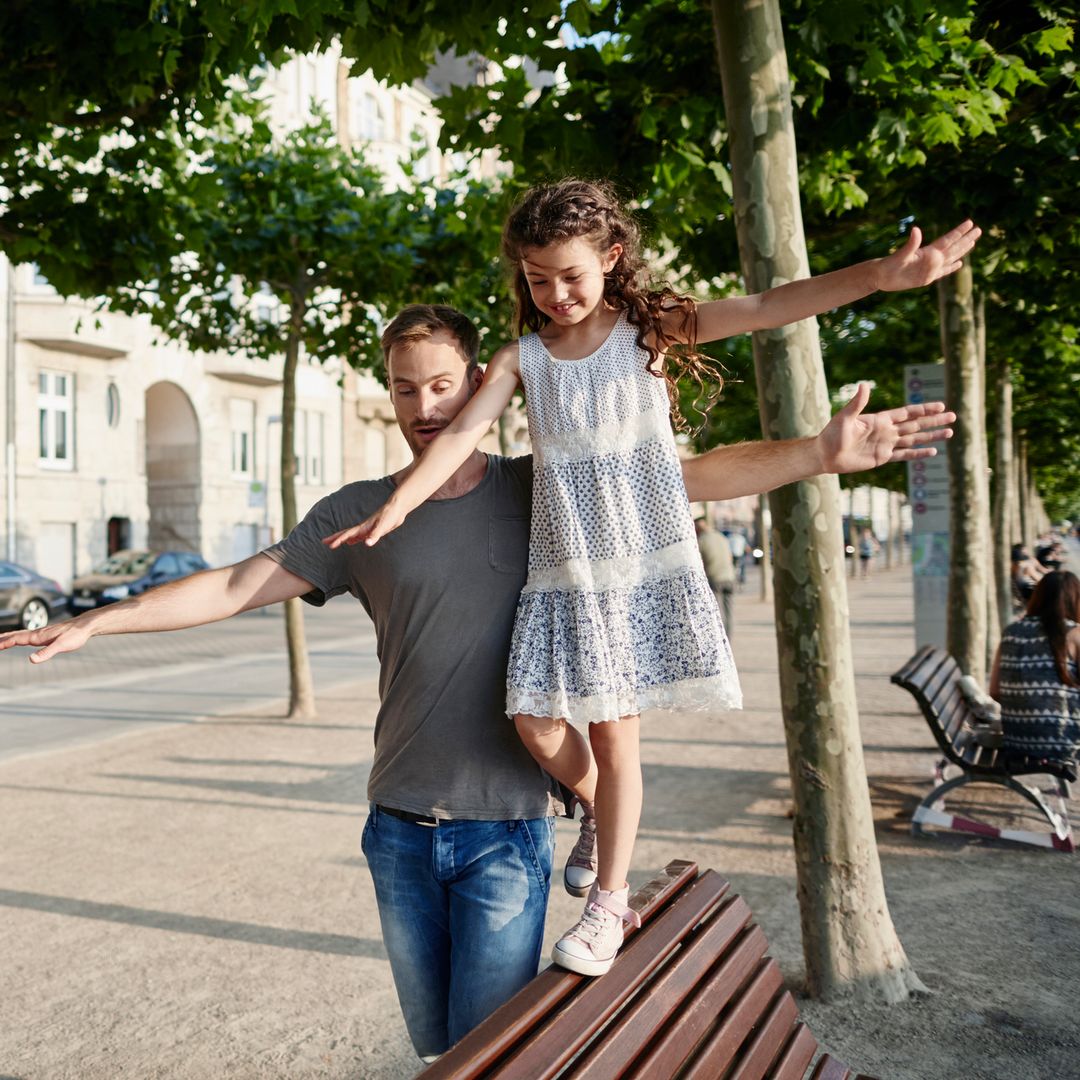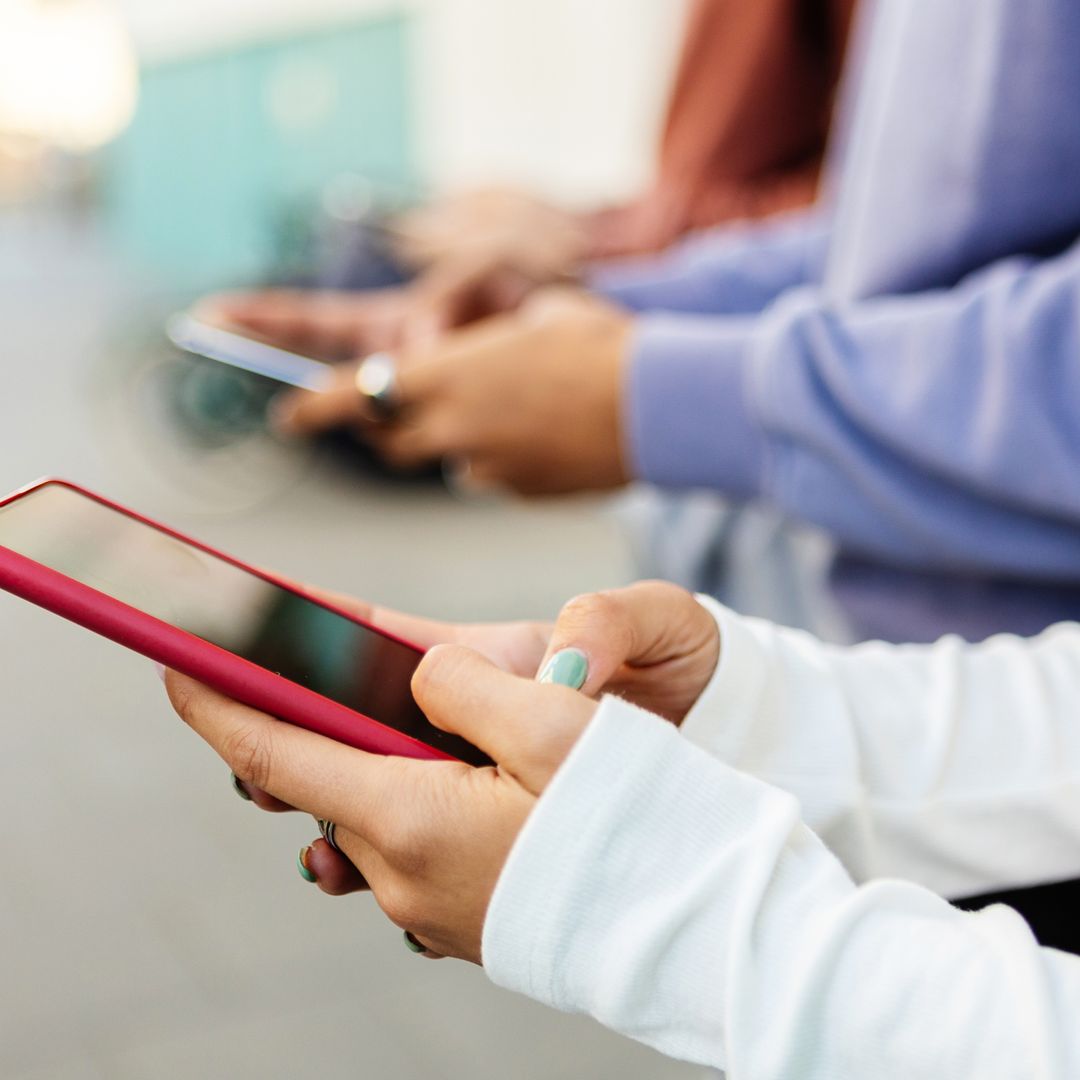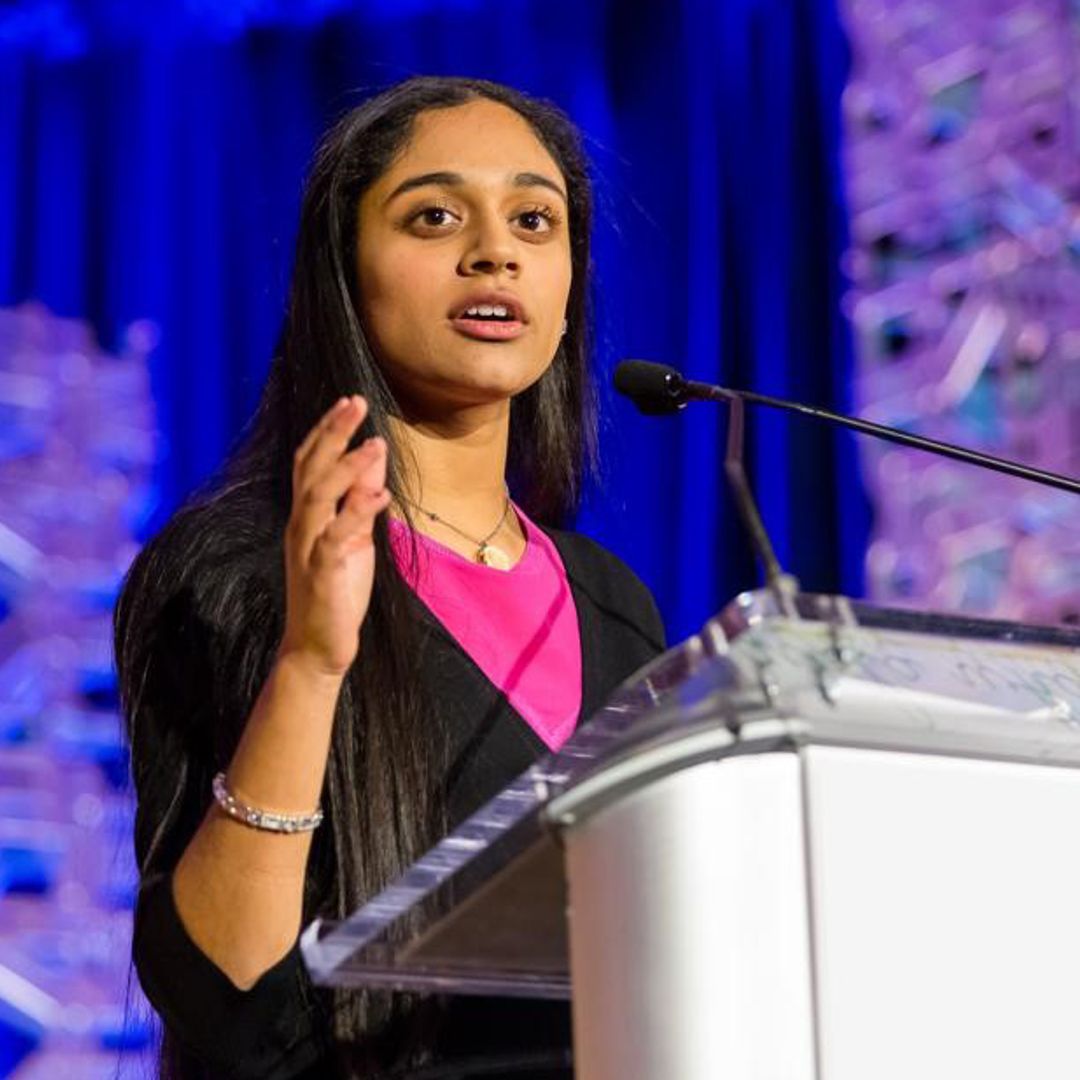Last year, I became the first Secretary of State to take maternity leave, but my passion for making the online world safer for children drove me to continue championing the Online Safety Act, even while away from my role heading up the Department for Science, Innovation and Technology. I found I had an even clearer sense of why what we do matters so much.
Children like mine will grow up in a world few people just a generation ago could even imagine.
Gone are the days of queuing up to use the landline or waiting for the dial-up to finally connect. Our young people are growing up with the internet at their fingertips.
In seconds, they can reach out to friends and loved ones across the world. They have access to a wealth of information no school library could hope to match, and they can use that information to seek out opportunities that would have been closed to their parents.
I believe that the internet can be an extraordinary force for good in our children’s lives. However, there is no denying that it can do them great harm too.
Parents are faced with an impossible task, with children only a couple of clicks away from adulthood, so it comes as no surprise that almost three quarters of parents worry about their children’s safety online.
One thing that really horrified me: the average age that a child sees pornography is 13.
As if that were not appalling enough, a recent study shows that, in just four weeks, seven in ten 13-17-year-olds come across harmful content online.
Those statistics speak for themselves; a hands-off approach to child safety online just does not work. Parents cannot be expected to rival the power and influence of multi-billion dollar tech companies.
Until now, the scales were impossibly weighted against parents. But that imbalance has finally been addressed with the historic passing of the Online Safety Act.
This landmark piece of legislation, the most comprehensive of its kind anywhere, will make Britain the safest place in the world to be online.
Our approach is being noticed across the globe; just last week I was in Canada working with Canadian Ministers on their plans to introduce online safety regulation.
What makes the Act so successful is simple: from the start, I made sure it was guided by common sense.
Parents, teachers, policymakers and even the tech giants themselves know what the problems are. I felt strongly that what was missing until now was a legal framework that mirrored the basic common sense we all know and share.
I have implemented simple principles like ‘what is illegal offline should be illegal online’ and ‘if a social media platform tells users they do not allow certain types of content, they should stick to their word’.
I think anyone reading this would be hard-pressed to find someone who believes that platforms should not have to take proactive action to tackle things like terrorism or child sexual exploitation, but we didn’t stop there.
Just last week, we saw the introduction of new offences which will criminalise sharing intimate images without consent, and outlaw using the Internet to send death threats or encourage and assist serious self-harm.
‘Zach’s law’ has also come into force, ensuring that cowardly trolls who send or show flashing images with the intention of causing harm to people with epilepsy will face prison for their appalling actions.
When I took on the responsibility for protecting our children online, I made it my mission to deliver something tangible and real.
I was determined that no child should have to scroll through things like pornography, bullying, serious violence and dangerous challenges in a world that increasingly requires them to be online for both education and social tools. It is not too much to ask that children be allowed to experience all the good the internet has to offer without having their childhoods ruined by adult or illegal content.
However, as much as the UK can lead here at home, the online world does not respect borders, and international collaboration will be crucial if we are to succeed.
Last week we joined France’s Child Online Protection Laboratory. Working with like-minded allies like New Zealand, Spain and the United States, the Lab will bring together leaders from government, industry, academia and civil society to find answers to some of the thorniest questions on child online safety.
Perhaps the most pressing question is that of powerful generative AI.
The Online Safety Act is designed to take a rigorous approach to the new risks that come with emerging technologies like AI, and it will regulate AI-generated content shared by users in much the same way it does other content shared by users.
But as AI evolves faster than any of us could have imagined, the need for a flexible, forward-looking approach underpinned by international collaboration has never been more apparent, and we are well-prepared to rise to the challenge.
In today’s response to our AI Regulation White Paper consultation, we set out a pro-innovation, pro-safety approach to AI regulation which builds on our success as the host of the first ever AI Safety Summit last year, and the pioneering work of our AI Safety Institute to advance AI safety so that the British people can reap the rewards and opportunities of AI while staying safe from the risks.
On Safer Internet Day, we can celebrate the extraordinary leadership role Britain is playing in children’s online safety, but more importantly we must not count this as ‘job done’.
We have tipped the scales back in favour of parents, teachers and children but there is much more to do as we move faster toward a new technology-driven future.
